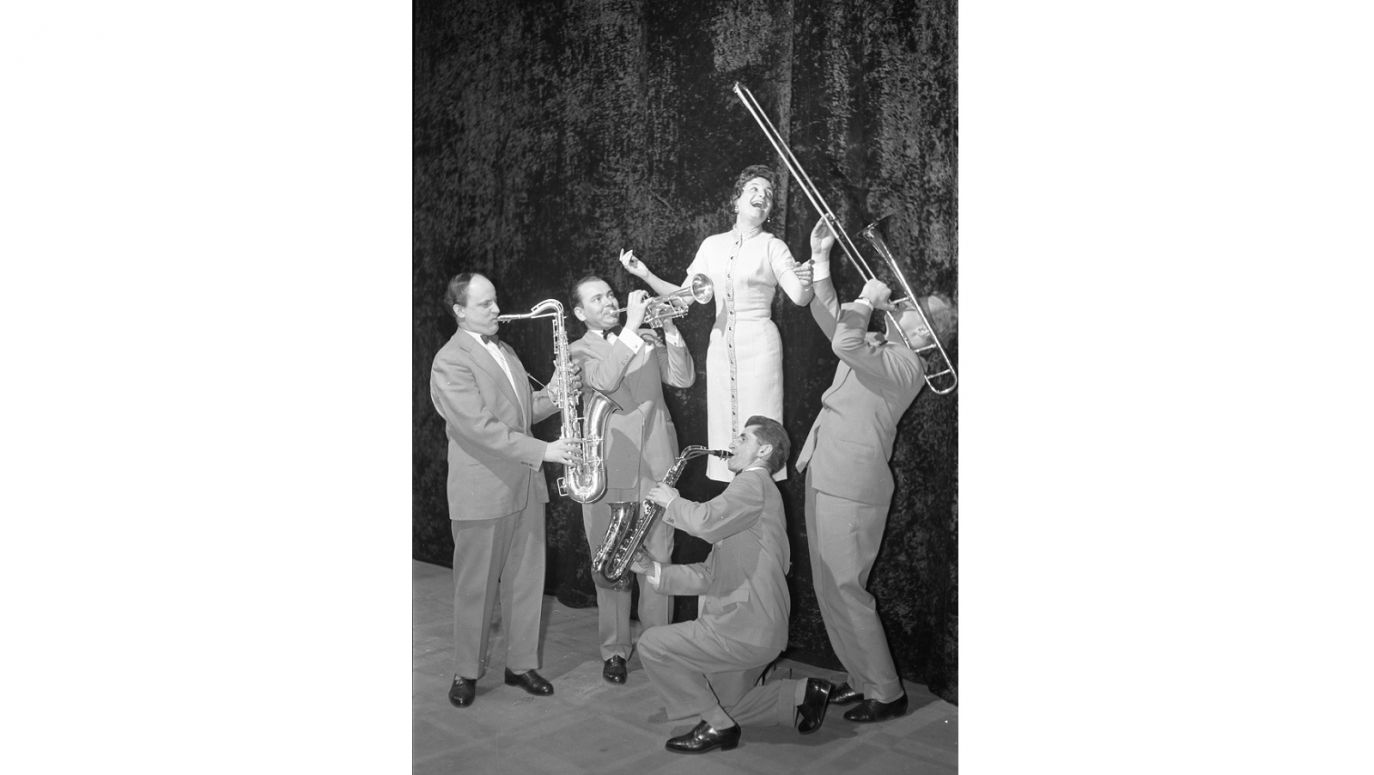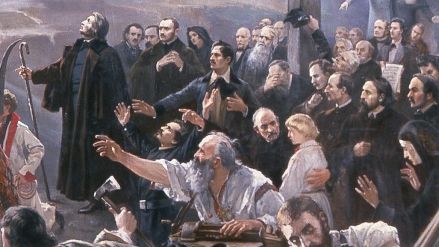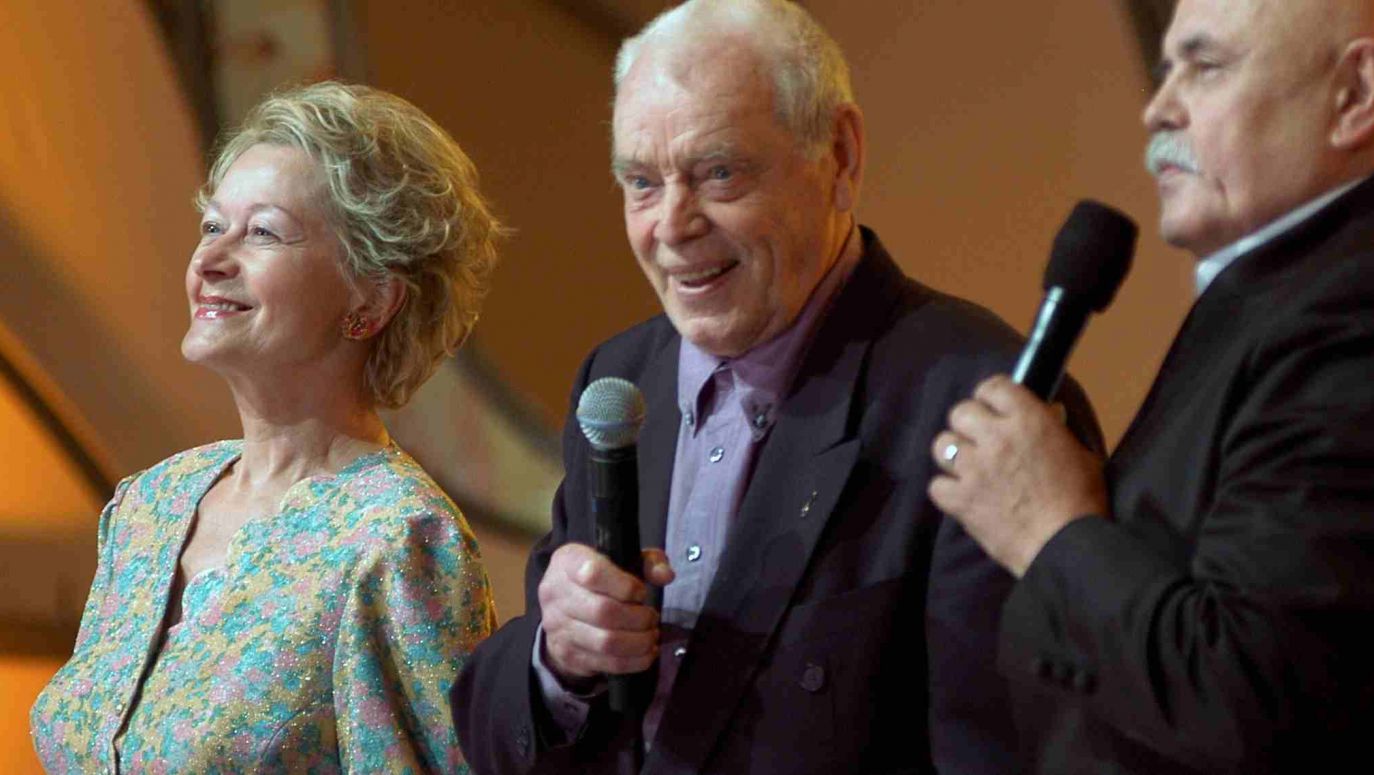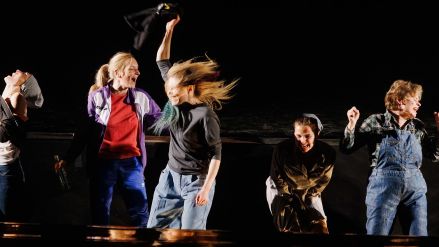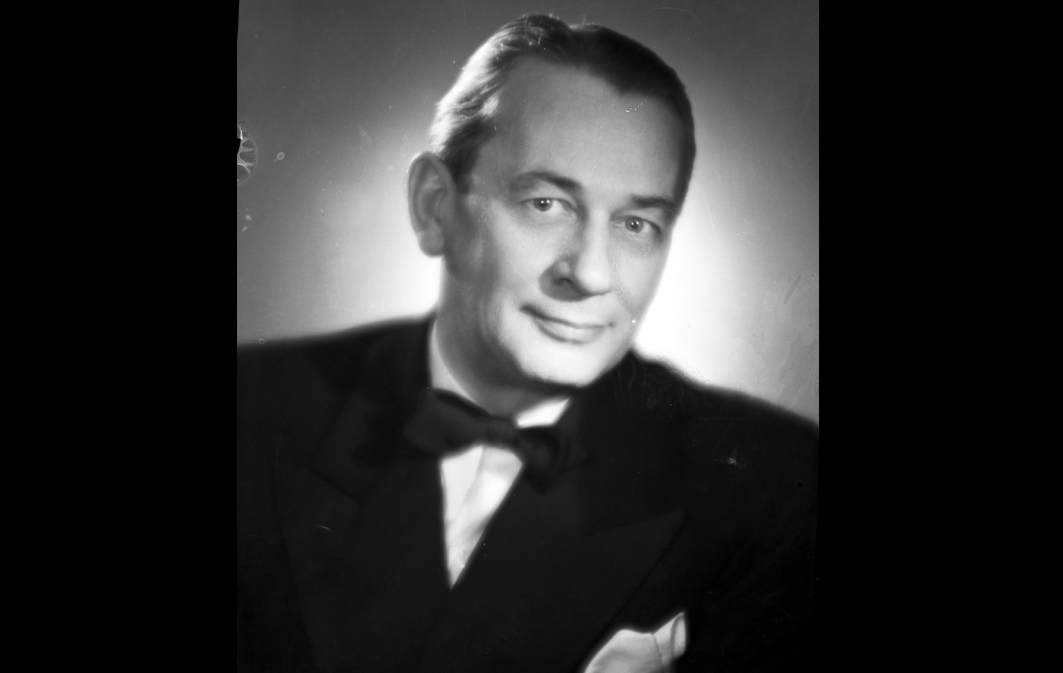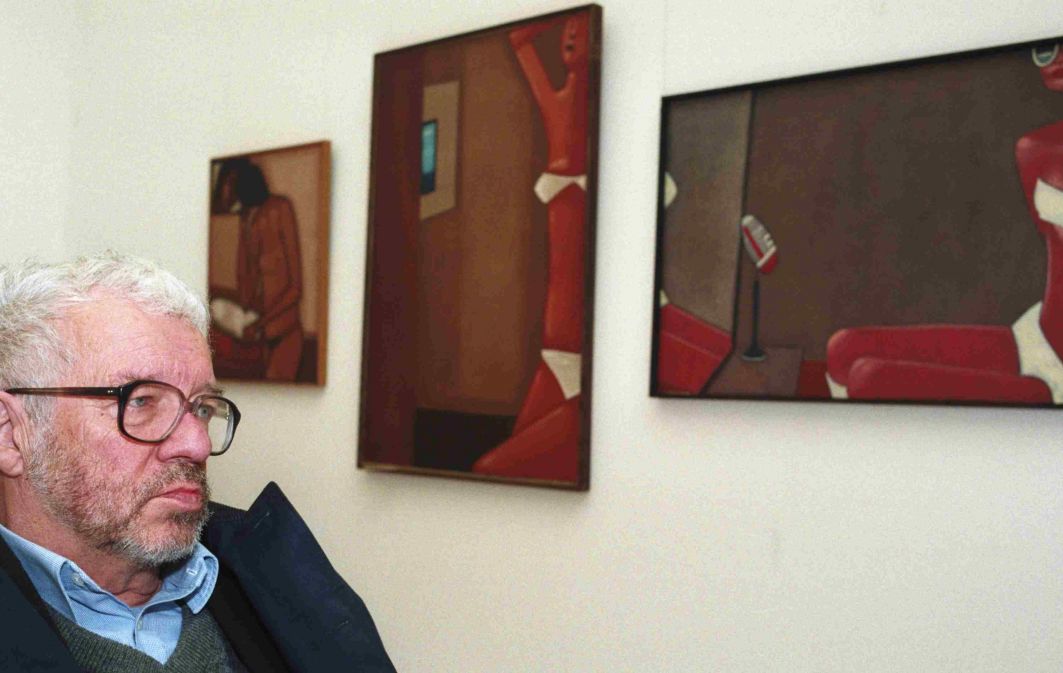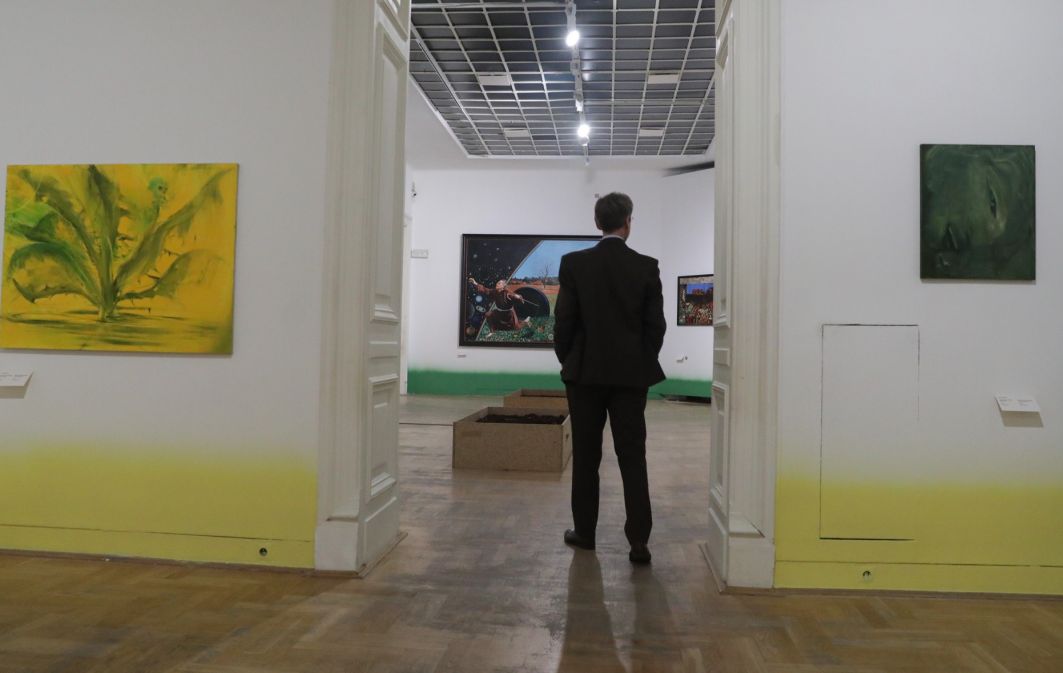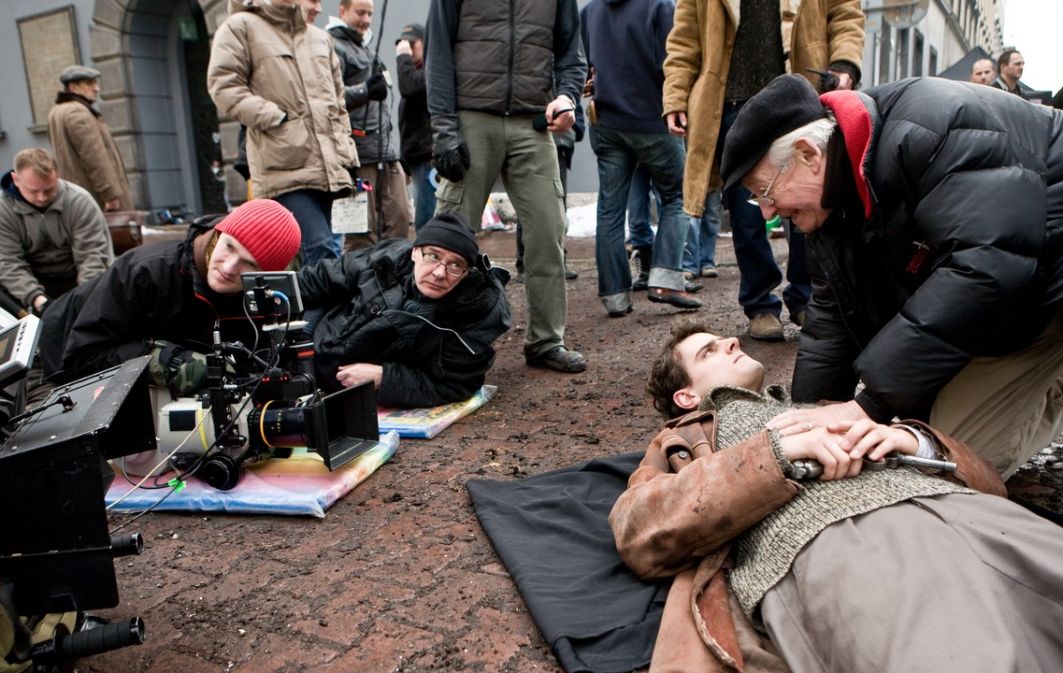July 24 marked the hundredth birthday of Bernard Ładysz, an exceptional artist whose fate was dictated by the turning wheel of history.
Overture
The first person who heard the extraordinarily sound of his voice was a clergyman of Saint Bartholomew's church in Vilnius. It is thanks to this man that a nine-year-old altar boy whose name was Benio (a diminutive of his name Bernard) made his vocal debut in the parish choir.
Act 1
Scene 1
His family home was poor. His father, a carpenter, could hardly support three sons and a wife, who worked only part time, here and there. Their economic situation slightly improved in the mid-1930s, when the older sons, Antek and Franek, joined the army and Benio, the youngest, started supporting the family budget, working as a newsboy. Benio sold not only local magazines, such as "Dziennik Willeński" ("Vilnius Journal") and "Słowo" ("Word"), but also "Ilustrowany Kurier Codzienny" (the "Illustrated Daily Courier", a popular daily published in Cracow). In a copy of the Courier he first came across photos of two famous opera singers: the Russian Fyodor Shalyapin and the Polish Adam Didur. He was already familiar with them thanks to the radio that had appeared in the family flat located on the ground floor of the tenement house in Połocka Street. It had come as a gift from Nachman Lewin, co-owner of the Elektrit Radiotechnical Society, for whom Benio’s father had made some wooden panneling. Prophetically, the Elektrit-produced radio receiver given to the Ladysz family was called "Opera".
Scene 2
On September 1, 1939 (the first day of the Second World War), Beniek (another diminutive of Bernard) volunteered to join the army. Since he was a minor (17-years of age), he was not accepted. Seventeen days later, together with his friends from the Vilnius’ district of Zarzecze, he was preparing to defend the city against the Red Army (the army of the USSR). Vilnius, however, was given to the Bolsheviks without firing a shot.
The first Soviet occupation lasted four weeks and was characterized by the general plunder of everything. However, when the ensuing eight-month Lithuanian rule with its deeply nationalistic character came to an end following the second Soviet ascent (Vilnius had belonged to Poland before the war), many residents breathed a sigh of relief. They soon changed their minds. A year later, when the city of Gediminas (the Great Duke of Lithuania who in the 14th century founded Vilnius) was taken over by the Germans, many of the inhabitants saw their arrival as a form of salvation. However, once again, their illusion was very quickly.shattered.
 SIGN UP TO OUR PAGE
SIGN UP TO OUR PAGE 
During the war, Bernard worked in a bakery and attended at first Lithuanian and Soviet schools and later (during the German occupation) underground classes. During the city's Lithuanian phase, his parents temporarily hosted the Polish satirist and poet Światopełk Karpiński in their apartment. He was trying to reach Sweden via Lithuania. A fatal heart attack stopped his plans. During the German occupation, the modest place became a stop-over for escapees from the Vilnius ghetto. The Zygelman couple who hid there temporarily survived the war. Their daughter, Natasza Zylska (vel Zygelman), was to become one of the leading Polish singers of the 1950s, best known for performing evergreen Mexican classics.
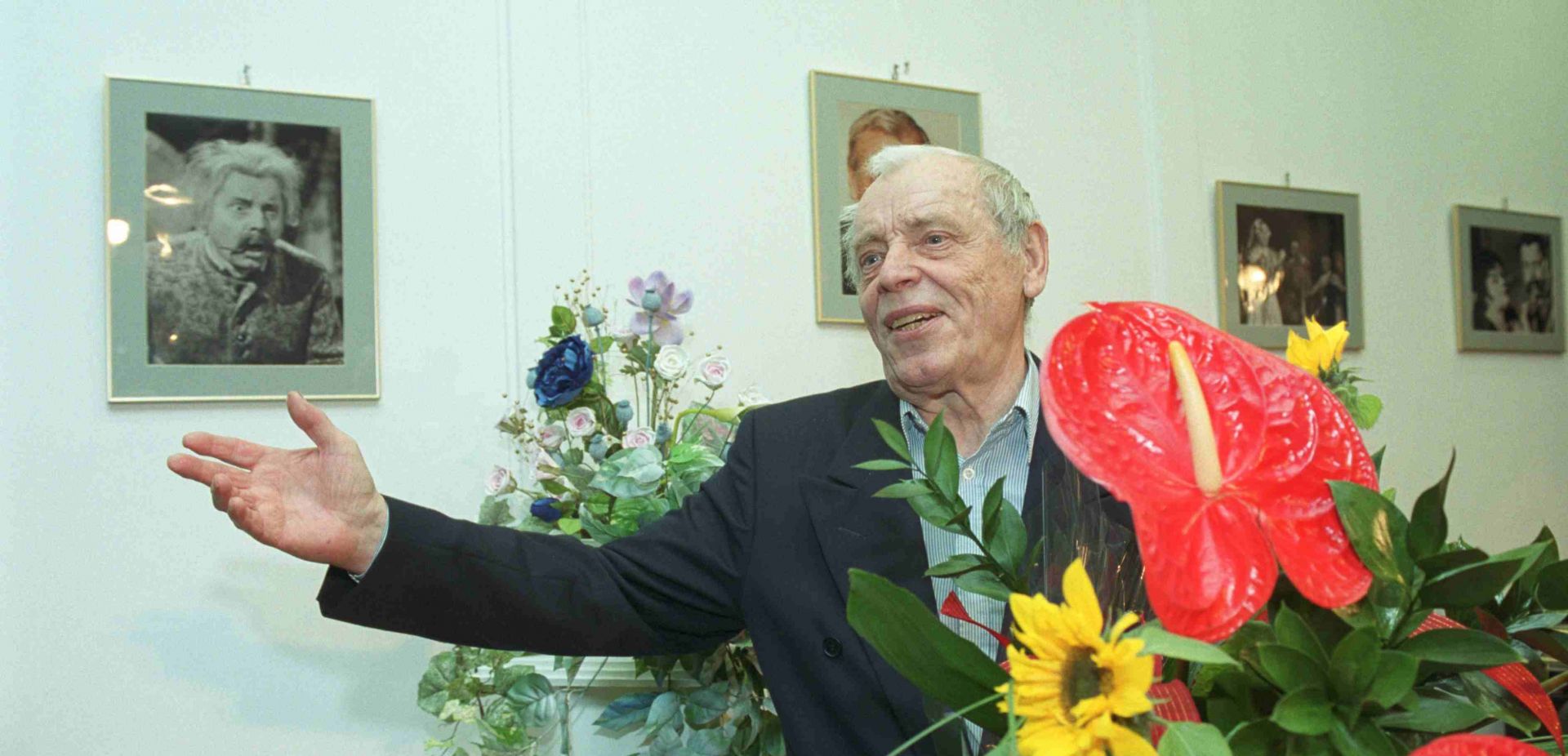
 SIGN UP TO OUR PAGE
SIGN UP TO OUR PAGE 
